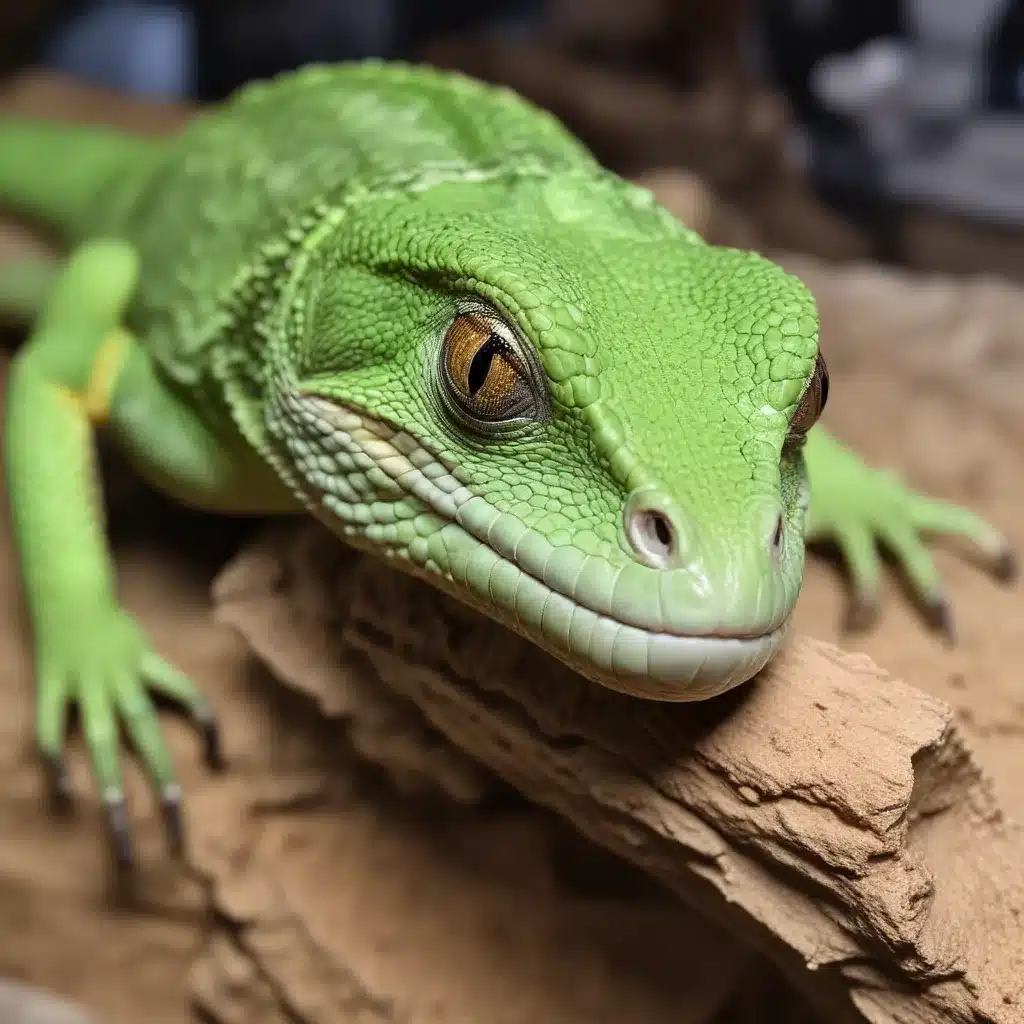
Navigating the World of Exotic Reptile Ownership
Owning and caring for exotic reptiles can be a rewarding and fascinating experience, but it also comes with a unique set of responsibilities and challenges. As the demand for rare and unique reptile species continues to grow, it is crucial to address the ethical considerations surrounding the exotic reptile trade. This comprehensive guide will delve into the intricacies of responsible reptile care, breeding techniques, and the legal requirements for selling these remarkable creatures.
Understanding Reptile Species and Their Needs
The exotic reptile market is home to a diverse array of species, each with its own specific care requirements. From the sleek and sinuous snakes to the armored and prehistoric-looking turtles, the world of exotic reptiles is a tapestry of incredible diversity.
When considering the addition of an exotic reptile to your household, it is essential to research the unique needs of the species you are interested in. Factors such as habitat requirements, dietary needs, and temperature and humidity preferences must be carefully considered. Providing the appropriate environment is crucial for the health and well-being of these animals.
Reptile care guidelines emphasize the importance of creating a naturalistic habitat that closely mimics the animal’s native environment. This may involve the use of specialized lighting, heating, and humidity control equipment, as well as the incorporation of appropriate substrates, hides, and enrichment features. Failure to meet these requirements can lead to stress, illness, and even the premature death of the animal.
Ethical Considerations in Reptile Breeding
The breeding of exotic reptiles is a complex and delicate process that requires a deep understanding of the species’ biology and natural behaviors. Responsible breeders must prioritize the well-being of their animals and ensure that their breeding practices adhere to the highest ethical standards.
One of the primary ethical considerations in reptile breeding is the prevention of inbreeding. Inbreeding can lead to genetic disorders, reduced fertility, and other health issues that can have a detrimental impact on the animals’ quality of life. Responsible breeders carefully manage their breeding programs to maintain genetic diversity and avoid these negative consequences.
Another important factor is the selection of breeding stock. Breeders should prioritize healthy, well-socialized individuals that exhibit desirable traits, such as robust health, vibrant coloration, and calm temperaments. This helps to ensure the production of high-quality offspring that are well-suited for captive life and responsible ownership.
Ethical breeding practices also involve a consideration of the number of offspring produced. Responsible breeders should avoid over-breeding, as this can lead to an oversaturation of the market and an increased risk of animals being surrendered or rehomed due to lack of demand.
Legal Requirements for the Exotic Reptile Trade
The sale and ownership of exotic reptiles are subject to a complex web of local, state, and federal regulations. It is essential for both breeders and prospective owners to familiarize themselves with the applicable laws and requirements in their respective jurisdictions.
At the federal level, the Lacey Act prohibits the importation, sale, and transportation of certain wildlife species, including some exotic reptiles, without the proper permits and documentation. Additionally, the Convention on International Trade in Endangered Species of Wild Fauna and Flora (CITES) regulates the international trade of endangered and threatened species, including many reptile species.
At the state and local level, regulations can vary significantly. Some states may prohibit the ownership of specific reptile species, while others may require permits or licenses for the breeding, sale, or possession of exotic reptiles. It is crucial for both breeders and owners to thoroughly research and comply with all relevant laws and regulations to avoid potential legal issues.
Responsible Reptile Ownership and Care
Owning an exotic reptile is a significant responsibility that should not be taken lightly. Prospective owners must be prepared to provide the necessary care, resources, and commitment to ensure the animal’s well-being throughout its lifetime.
Proper housing, nutrition, and veterinary care are essential for the health and longevity of exotic reptiles. This includes the use of appropriate enclosures, heating and lighting systems, feeding schedules, and regular check-ups with experienced reptile veterinarians. Neglecting these critical aspects of care can lead to a wide range of health problems and distress for the animal.
It is also important for owners to consider the long-term needs of their reptiles. Many exotic species can live for decades, and owners must be prepared to provide a lifetime of care and commitment. Responsible owners should also be prepared to handle the potential costs associated with owning an exotic reptile, including the initial purchase, ongoing care, and any unexpected medical expenses.
Lastly, owners must be mindful of the potential risks and responsibilities associated with owning an exotic reptile. These animals can be unpredictable and may pose a threat to human safety, particularly if they are not properly socialized or handled with caution. Responsible owners should prioritize the safety of themselves, their families, and their communities when caring for their reptile companions.
Conclusion: Balancing Passion and Responsibility
The world of exotic reptiles is a captivating and diverse realm, but it also comes with a unique set of ethical and legal considerations. As the demand for rare and unique reptile species continues to grow, it is crucial that breeders, sellers, and owners alike prioritize the health, safety, and well-being of these remarkable creatures.
By understanding the specific care requirements of different reptile species, engaging in ethical breeding practices, and complying with all relevant legal regulations, the exotic reptile trade can be a force for good – fostering a deeper appreciation for the natural world while ensuring the responsible and humane treatment of these fascinating animals.
Ultimately, the key to a thriving and ethical exotic reptile trade lies in the balance between passion and responsibility – a delicate dance that requires a deep understanding of the animals, a steadfast commitment to their well-being, and a unwavering dedication to the principles of responsible pet ownership.
(https://exoticreptilesforsale.com/)


